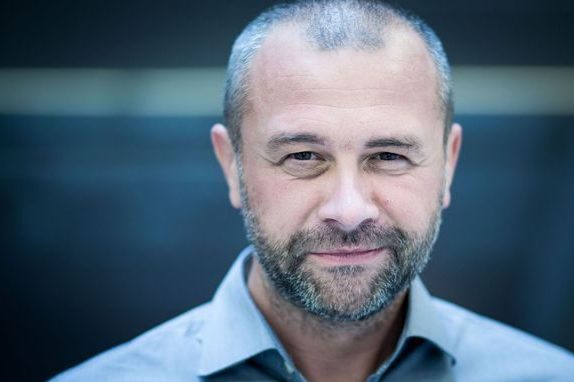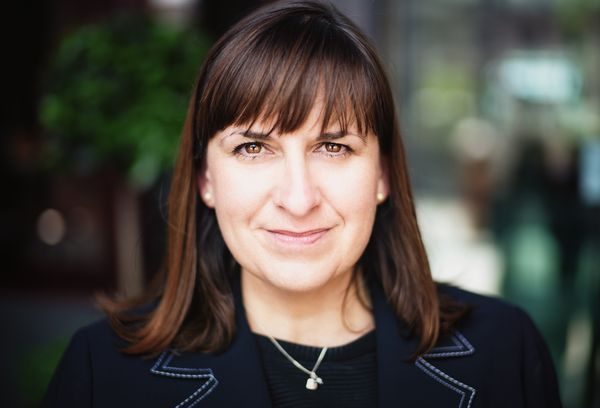
Expert View: Why innovation isn’t always about the new
February 8, 2017
Your Voice: How online donations platforms are revolutionising fundraising in Slovakia
February 8, 2017Trying something new can be nerve-wracking at the best of times; nobody knows what the outcome will be. But don’t let the risks prevent you from innovating. The riskiest thing in a changing and uncertain world is to do nothing, says Lucy Gower, Founder and Director of Lucidity.
Innovation: we all know we need to innovate but we also crave certainty.
The news is that nothing is certain. And everything is being disrupted. The only real question is ‘when?’
There are risks attached to innovating; doing something new and therefore unproven, but in an uncertain world doing what you’ve always done is also risky. Somehow we convince ourselves that it is safer or more certain to just do more of the same. It’s not.
That direct mail pack you have been sending for the last 100 years is not guaranteed to keep working. And if you think that you are immune to the scrutiny of increased regulation and new data legislation that has hit the UK charity sector in the last 18 months, then I believe you are mistaken.
In the UK, charities are being forced to think about new ways to engage with donors in addition to tried and tested traditional direct mail, telephone and face-to-face fundraising.
The use of digital channels is one obvious area. But don’t get side-tracked by bright shiny digital bling. Technology in itself is not innovation. Technology is just another channel. No one lives in a purely analogue or digital world. We all use smartphones, laptops, tablets, and apps. We text, snapchat, WhatsApp, speak on the phone, message on Facebook have real life face-to-face conversations, live in houses with doors and go walking on the street.
The innovation is how you make the experience of supporting your charity an enriching one for your supporter. The secret is providing inspiring communications that are relevant to your supporter across all the channels that they use.
Organisations that invest in a structured approach to innovation minimise their risk of failure. It’s the dabblers that take a scattergun approach to developing ideas that are in peril of costly failures.
Five simple tips for minimising risk
1. Have a robust framework for innovation – this in itself will help you to manage risk.
2. Start by really unpicking the problem that you want to solve. Many times I meet charities that, for example want an app, and when we start to unpick ‘why?’ its not clear. So we go back to basics. Start with the problem.
3. Understand your audience. If you try and innovate without knowing your audience you are taking a big risk. Invest in ways to get insight. You already have some data, my hunch is that you have enough that you can develop some conclusions about your audience that you can then test.
4. Develop ideas about how you solve the problem for your audience. An idea in isolation, which doesn’t solve a problem for your audience is massively risky.
5. Test your idea on a small scale. Get feedback from your audience. Don’t ask them if they like it, test it – do your audience engage with it?
And finally – take action. The riskiest thing in a changing and uncertain world is to do nothing.
About Lucy Gower
Founder of Lucidity and author of The Innovation Workout, – a practical guide to innovation, Lucy Gower specialises in helping fundraising organisations think creatively and innovatively. Previously, Lucy headed up the innovation team at the NSPCC. For more information or free resources including an innovation toolkit, go to www.lucidity.org.uk/free-stuff/.



